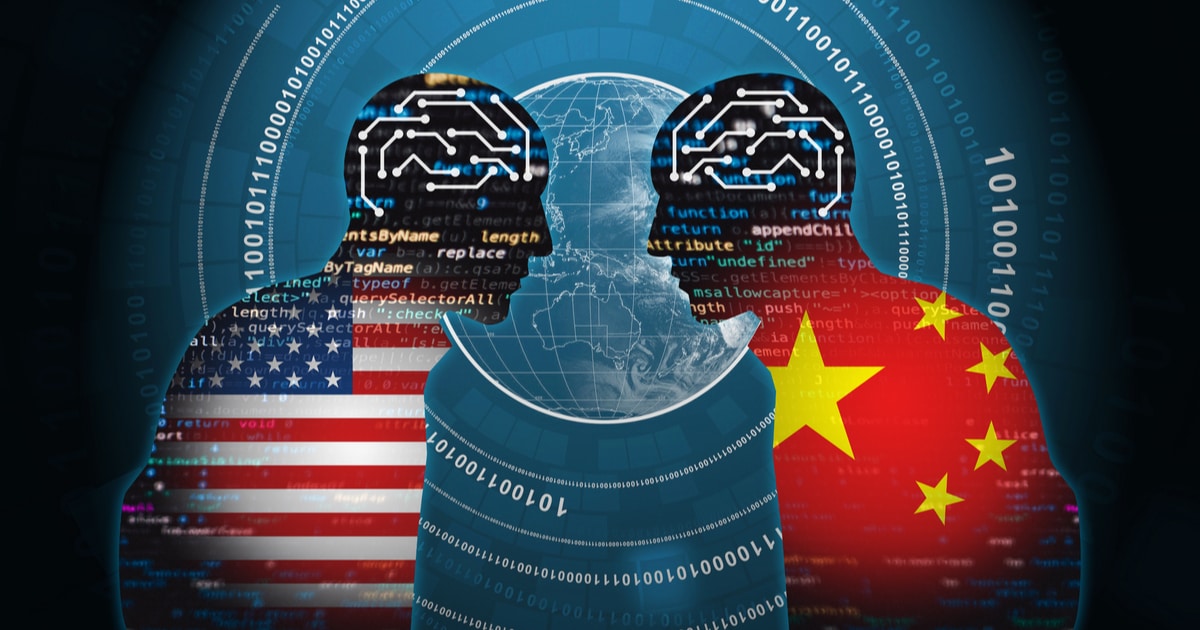
Zhao Minghao, Professor, Institute of International Studies at Fudan University, and China Forum Expert
Aug 29, 2022
The negative influences of the U.S. House speaker’s Taiwan visit are fermenting and will continue to poison China-U.S. relations. Domestic political winds in the United States are stirring up strategic confusion that will inevitably increase the risk of war.

Da Wei, Director of Center for International Strategy and Security; Professor at Tsinghua University
Aug 29, 2022
It’s not clear that China and the United States can sit down for truly in-depth discussions that ensure each side can send restrained messages to let the other party get it right. The consequence of failure could mean war, and we’re nearly out of time.
Lucio Blanco Pitlo III, President of Philippine Association for Chinese Studies, and Research Fellow at Asia-Pacific Pathways to Progress Foundation
Aug 26, 2022
U.S. House Speaker Nancy Pelosi became the highest ranking American government official to visit Taiwan in decades - raising the temperature of the already-tense Taiwan Strait. The current situation reflects not only a history of conflict, but also China’s concerns about U.S. influence in its backyard.

Li Huan, Deputy Director at CICIR's Institute of Hong Kong and Macao Studies, and Distinguished Research Fellow, Xiamen University
Aug 26, 2022
Nancy Pelosi, speaker of the U.S. House of Representatives, visited Taiwan recently, dealing a blow to China-U.S. relations and destabilizing regional security. The visit also provides a reference point for the future.

Cheng Li, Director, John L. Thornton China Center, The Brookings Institution
Aug 26, 2022
Recent events in the Taiwan Strait have led to an outpouring of international concern regarding potential war between the United States and China. AI technology advancements, which these two superpowers are leaders in research, resources, and patents, would mean that the world has yet to see the most AI-driven conflict in history.
Brian Wong, Assistant Professor in Philosophy and Fellow at Centre on Contemporary China and the World, HKU and Rhodes Scholar
Aug 18, 2022
A China-U.S. military altercation and violence over Taiwan ought to be avoided. Several steps must be taken by both sides to ensure global stability, such as maintaining core values like patience, pragmatism, and some degree of empathy for different parties’ perspectives.
Richard Weitz, Senior Fellow, Hudson Institute
Aug 18, 2022
China-U.S. relations have worsened since Nancy Pelosi touched down in Taiwan. While Washington still largely believes that the PLA would not attempt an invasion for at least a few more years due to uncertainties and risks, the crisis is further pushing the two nations away from any type of compartmentalized collaboration or transparent communication.

Li Yan, Director of President's Office, China Institutes of Contemporary International Relations
Aug 18, 2022
The U.S. House speaker made a bad situation worse, and China-U.S. relations are headed to a new low. Changes can be seen on multiple fronts, but perhaps most clearly in the military dynamics between the two countries and in the chip-making regime, which has become an important chess piece in the geopolitical game.

Li Huan, Deputy Director at CICIR's Institute of Hong Kong and Macao Studies, and Distinguished Research Fellow, Xiamen University
Aug 17, 2022
Successive white papers shed light on national leaders’ approach to reunification with Taiwan. All explain and respond to critics, emphasizing a policy of peaceful reunification and the implementation of the one country, two systems concept.
Yang Wenjing, Research Professor, Institute of American Studies, CICIR
Aug 15, 2022
Worried about Taiwan’s fate, Washington imagines that the Chinese mainland might copy Russia and resort to force. Biden administration officials have said they want to see Taiwan apply the lessons learned from Ukraine’s resistance.